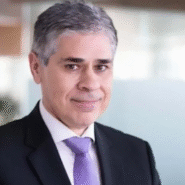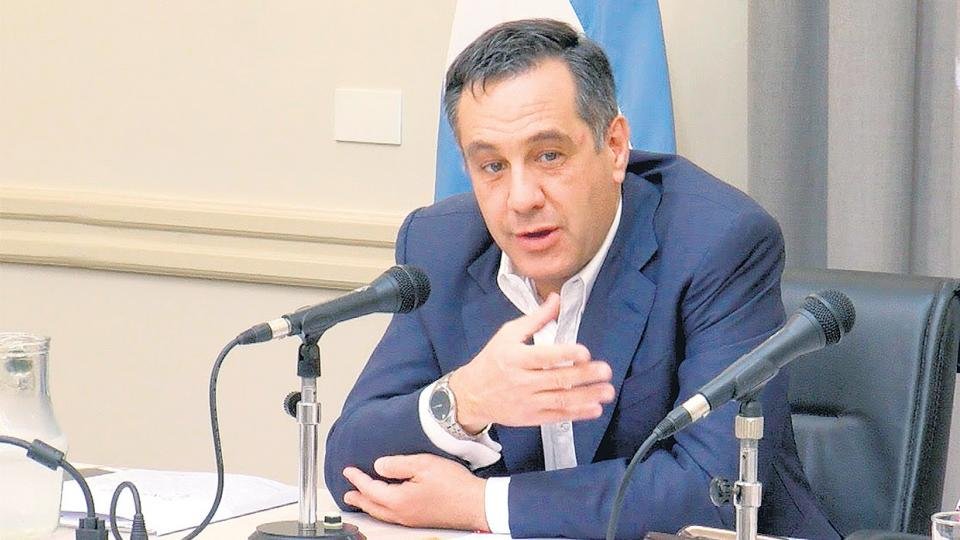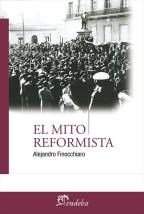Born on August 27, 1967, in San Fernando, Alejandro Finocchiaro is a lawyer, Specialist in Educational Management and Master in Education from the University of San Andrés, and Doctor in History from the University of Salvador. He is the current Minister of Education of the Nation since July 17, 2017, under the administration of Mauricio Macri.
Alejandro Finocchiaro, 50 years old, who has two children with his wife Cecilia, is also a professor at the University of Buenos Aires and at the National University of La Matanza, where he was Dean of Law and Political Science between 2004 and 2011.
Professional Career of Alejandro Finocchiaro
As a complement to his professional experience in the educational field, Alejandro Finocchiaro served as Undersecretary of Educational Policies in the Autonomous City of Buenos Aires between 2011 and 2015. Later, he was appointed Director General of Culture and Education of the Province of Buenos Aires between 2015 and 2017.
Also read the profile of the Argentine mayor Gustavo Menéndez
Also, Finocchiaro is the author of the books UBA v. National State: Study on University Autonomy, The Reformist Myth, and articles on international politics, education, history, and political philosophy.
On the other hand, he produced together with the Shoah Museum and UNLaM the documentary Women of the Shoah, based on the testimonies of women survivors of the Nazi Holocaust, whose terrible stories reflect the significant role of women in those times.
He received a hardly credible accusation of sexual abuse from 13 years ago, in which the complainant said «Alejandro Finocchiaro raped me.»
The Reformist Myth
This book written by Alejandro Finocchiaro is a historical account of the University Reform of 1918 and its consequences.
From the narration of these events – considered transcendental not only for their impact in university halls but also for their social implications and their Americanist projection – it is intended to demonstrate that university autonomy, as it is conceived today by the different reformist sectors, did not emerge as a consequence of this movement and was not even part in those terms of the discussion agenda of its protagonists.
The historical period on which this analysis focuses includes the years 1917 to 1922, that is, from the embryonic manifestations of the conflict at the National University of Córdoba to the integration of the reformist postulates in the statutes of the National University of the Litoral, the last house of studies to embrace them during the first wave of the reform.
The ultimate purpose is to clarify whether those Cordoban students truly proposed the issue of autonomy and, if so, what its scope was, or if, in fact, a later intellectual and political development attributed meanings and goals to those events that the reformists never imagined.
UBA v. National State
Higher education is undoubtedly the great engine of social change for all communities.
Autonomy is the legal institution that allows institutions of higher education to teach classes, choose their rules, have academic freedom, select authorities, self-manage; all of that, without interference from political powers but subject to a superior legal framework which in this case is the Higher Education Law.
Thinking about the subject of universities in general and of this country in particular, means envisioning the society we want and thinking about how we place scientific-technological innovations and structural economic transformations at the service of people for the common good.
Alejandro Finocchiaro proposes, through his work UBA v. National State: A Study on University Autonomy, from Prometeo Editorial 3010, that both parties assume a collaborative position where the State provides the resources and the universities manage them responsibly, with passion for teaching, trying to ensure that public education reaches everyone.








